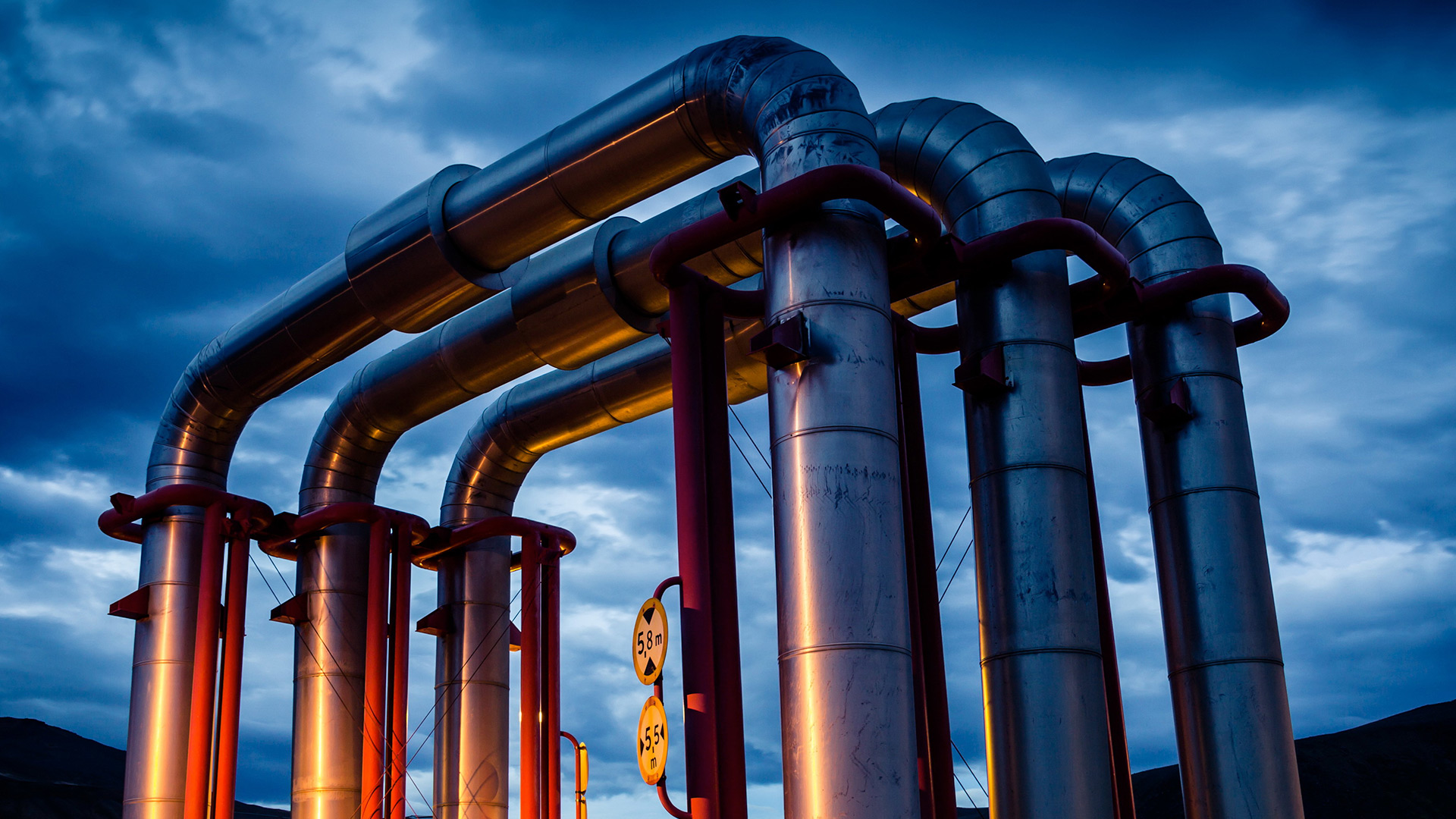
Publication
Flipping the Switch: the latest regulatory amendments to the Electricity Industry Act 2004 (WA)
In February 2025, the Electricity Industry Act 2004 (WA) (EIA) was amended as a result of:


Author:
Canada | Publication | April 2020
Alberta has expanded the powers of the Orphan Well Association (OWA) to allow production and operation of wells, pipelines and facilities in its custody. On April 2, Bill 12: Liabilities Management Statutes Amendment Act, 2020 (Bill 12) received royal assent.
Bill 12 amends the Oil and Gas Conservation Act and the Pipeline Act by:
The OWA is an industry-funded, non-profit organization that has been delegated authority by the AER to manage and close oil and gas wells, pipelines and facilities in Alberta where the companies responsible no longer exist or are insolvent.
Bill 12 has given the OWA new powers to produce wells and operate pipelines and facilities. Previously, it could only close wells, pipelines and facilities, even if they were economically viable or had remaining producible reserves. This new power may inhibit premature abandonment of some wells, pipelines and facilities, and may in some cases generate a profit, thereby mitigating increases to the Orphan Fund levy paid by industry. The OWA must obtain the consent of the mineral owner prior to producing a well.
During proceedings in the legislature, the government noted the effect of the OWA’s expanded powers to operate wells, pipelines and facilities that still have value is that “instead of becoming orphans, [this] would result in some sites being sold to other viable operators.” The minister of energy also noted that Bill 12 “would allow the OWA to enter into agreements with [these] smaller operators that may not have the means to pay for the full upfront costs when a licensee walks away, but they have the ability to pay their share and keep the well operating until another licensee can purchase the site.” Notwithstanding these statements, it is questionable if Bill 12 authorizes the OWA to sell wells, pipelines and facilities as it only expands the powers of the OWA to manage and operate such assets.
WIPs should be aware that under Bill 12 they are now responsible to provide reasonable care and measures to prevent impairment or damage to wells, pipelines and facilities where the licensee or approval-holder fails or is unable to do so. Presumably this means WIPs must actively monitor such assets, keep them in a safe state and repair and remedy any problems.
Previously, there was no statutory requirement for WIPs to provide such care. If WIPs fail to provide reasonable care and measures to prevent impairment or damage, the OWA may conduct such activities for their account. A WIP that fails to pay its share of costs incurred by the OWA will be liable to a penalty equal to the costs plus 25%. For the purposes of enforcement, the AER may also take over the management and control of the well, pipeline or facility, together with the appropriate records, and may declare directors and officers of the WIP to be named in a declaration under Section 106 of the Oil and Gas Conservation Act. An update explaining Section 106 declarations is here.

Publication
In February 2025, the Electricity Industry Act 2004 (WA) (EIA) was amended as a result of:

Publication
The Victorian Government has introduced proposed major reforms to the building regulatory framework in Victoria, aimed at enhancing protections for home buyers.

Publication
On April 17, the Office of the United States Trade Representative’s (USTR) released its Notice of Action and Proposed Action in Section 301 Investigation of China’s Targeting the Maritime, Logistics and Shipbuilding Sectors for Dominance, Request for Comments (the Notice).
Subscribe and stay up to date with the latest legal news, information and events . . .
© Norton Rose Fulbright LLP 2025